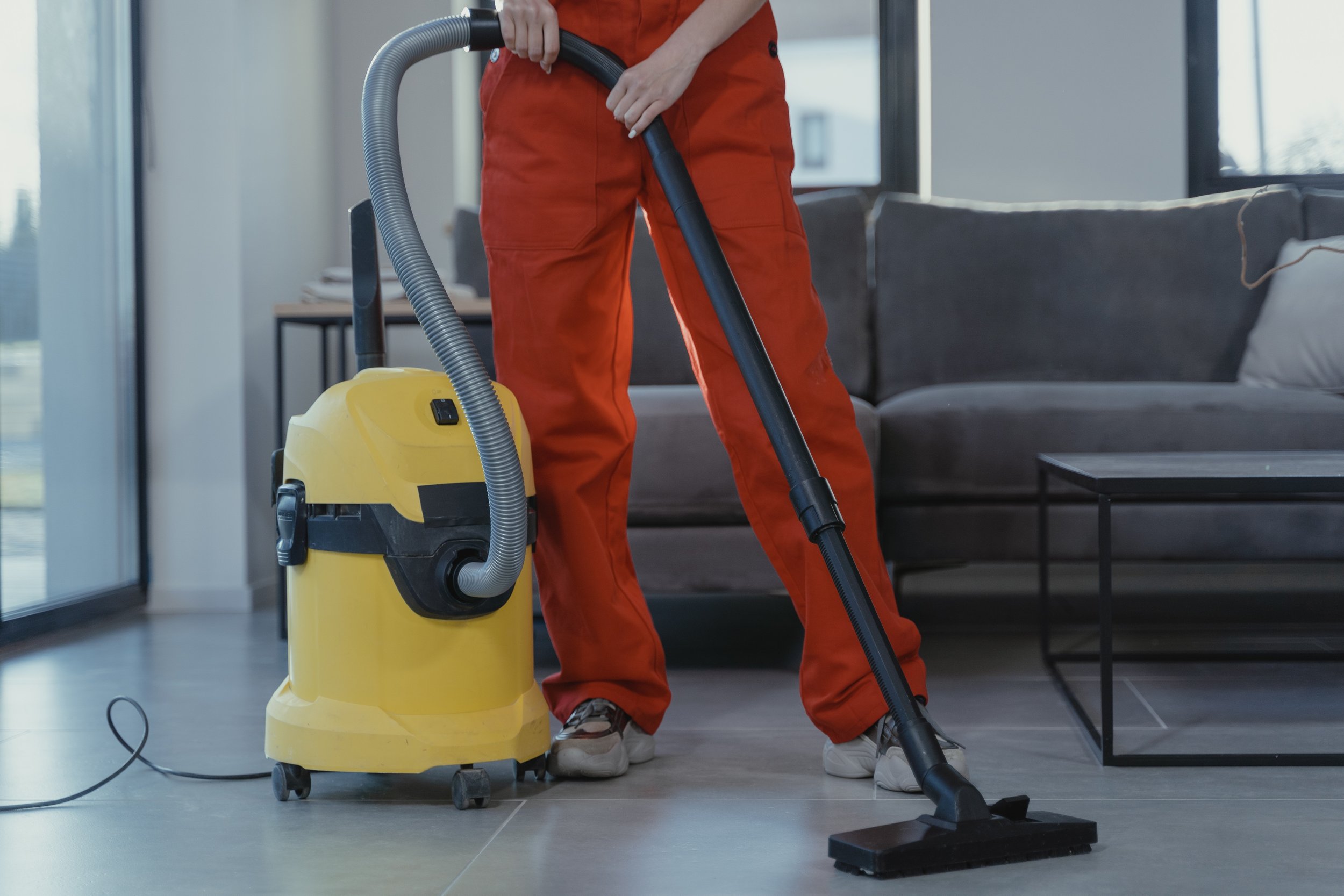
Hawaiʻi income stats climb, but so does the cost of living
When taking into account the cost of living—especially housing costs—Hawaiʻi has the 10th highest poverty rate in the country.

Here’s how much Hawaiʻi CEOs make compared to their employees
The gap between CEO pay and the median salaries of their employees for Hawaiʻi’s publicly-traded companies is narrower than nationwide.

New tax benefits likely overstated for Hawaiʻi’s poorest
A report from Hawaiʻi Appleseed's new Budget & Policy Center says low-income families in Hawaii are largely left behind by the Tax Cuts & Jobs Act.

Lawmakers want to preserve Obamacare—at least in Hawaiʻi
Several bills in the Legislature would protect or resurrect aspects of the federal Affordable Care Act.

Senate Ways & Means chair blocks a bill to raise minimum wage to $15 an hour
A proposed bill would bump the minimum wage to $12.25 in 2019, then to $15 in 2020, but a committee chair says he won't hear the bill without more research.

New bill works towards equal pay in the workplace
A bill at the State Capitol is gaining momentum in the movement to help women in the workplace earn just as much as their male counterparts.

Gradually raise minimum wage
The call for a minimum wage that keeps pace with cost-of-living price tags will never go away.

Bill would raise minimum hourly wage to $15
Hawaiʻi’s hourly minimum wage would increase over two years to $15 by 2020 under a proposal advanced Tuesday by the Senate Labor Committee.

Advocates fear Hawaiʻi’s sick leave bill abandons workers in need
But industry groups say bills that mandate paid sick leave for workers and expand the state’s current family leave law will push prices higher.

Should we change the minimum wage to a living wage?
Hawaiʻi’s minimum wage workers are faced with an impossible challenge: dealing with the biggest gap nationally between a state’s minimum wage and the basic earnings required to meet the local cost of living.

Illegal vacation rentals harming community
In tight housing markets with low vacancy rates, any reduction in supply naturally increases rents, particularly because neither the market nor the public sector can quickly add to housing stock.

Shifting salaries
Federal overtime rules were established to protect employees from being asked to work long hours without pay, yet low-wage workers doing managerial, administrative or professional duties as salaried employees could be taken advantage of by a loophole in the overtime requirement.

Many remain unemployed despite lots of job openings
The Appleseed report provides a broader vision on how to break the downward cycle: get more money into the hands of poor people, because they usually live so close to the financial edge that the smallest problem can lead to a crisis.
